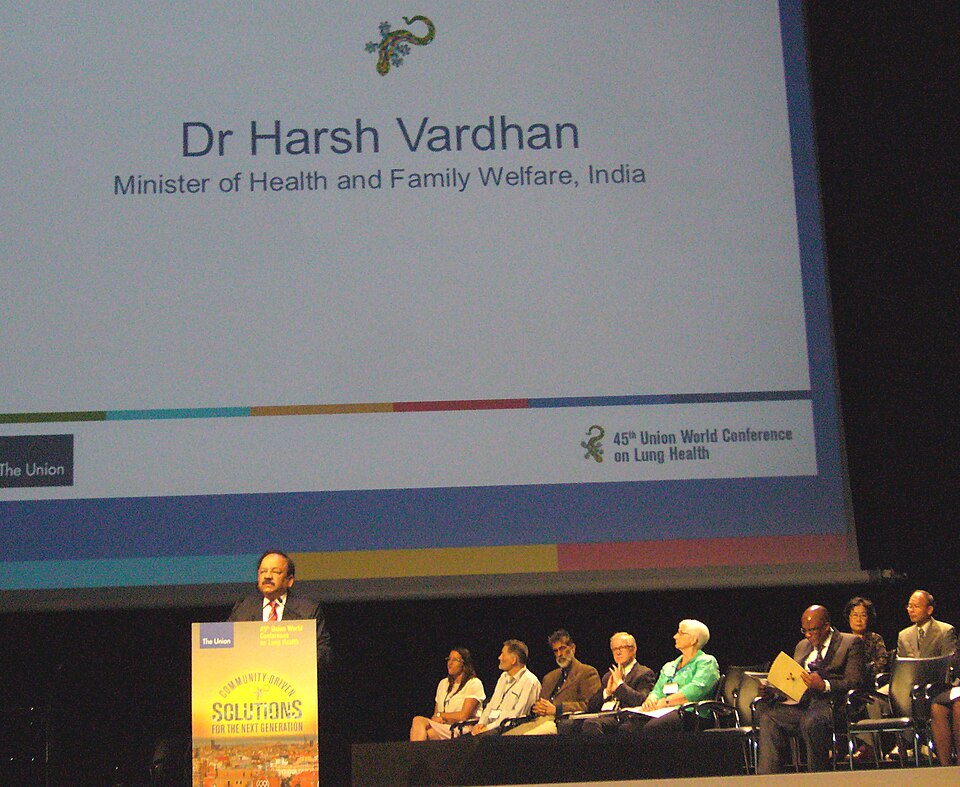Barriers to Breast Cancer Clinical Trials in Food Deserts Revealed

A recent study presented by Dr. Mariam Eskander, a surgical oncologist at the Rutgers Cancer Institute of New Jersey, at the 2025 American Society of Clinical Oncology (ASCO) Annual Meeting, has shed light on the critical barriers faced by breast cancer patients residing in food deserts. The study, which analyzed data from over 1.3 million breast cancer patients treated between January 2022 and June 2024, found that living in areas with limited access to healthy food significantly reduces participation in clinical trials, especially when compounded by transportation challenges.
Food deserts are defined as regions where residents lack easy access to nutritious food. In this study, individuals living in these areas were found to have lower rates of clinical trial enrollment. Additionally, the research identified a phenomenon termed 'clinical trial deserts,' which refers to areas located more than two hours away from trial-enrolling hospitals. Patients living in both food and clinical trial deserts exhibited a 27% lower likelihood of participating in trials compared to those living in areas with better access.
Dr. Eskander stated, "There’s a compounding effect of living in a double desert environment," emphasizing the unique challenges these populations face. The study also indicated that patients with Medicaid insurance were less likely to enroll in clinical trials, while those treated at academic hospitals had higher participation rates.
According to the study published in the Journal of Clinical Oncology, researchers highlighted that interventions such as patient navigation services, local food banks, and increased clinical trial accessibility in underserved communities could help mitigate these barriers. This research underscores the pressing need for health equity in clinical research participation, particularly for marginalized populations.
The implications of these findings extend beyond individual health outcomes. The reduced participation in clinical trials can lead to a lack of representative data, ultimately affecting the development of effective treatments for breast cancer patients from diverse backgrounds. As noted by Dr. Eskander, addressing these disparities is essential not only for improving patient outcomes but also for advancing cancer research as a whole.
These findings may prompt further investigations into the socio-economic factors that contribute to disparities in trial enrollment and encourage policymakers to implement strategies aimed at improving access to healthcare resources for vulnerable populations. The study serves as a call to action for healthcare providers, researchers, and policymakers alike to consider the multifaceted barriers that hinder equitable access to clinical trials and to work collaboratively towards solutions.
Advertisement
Tags
Advertisement





